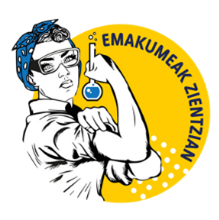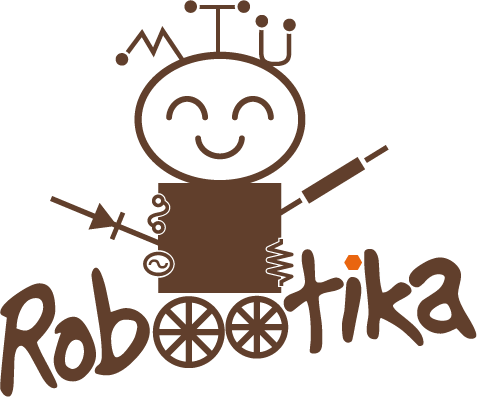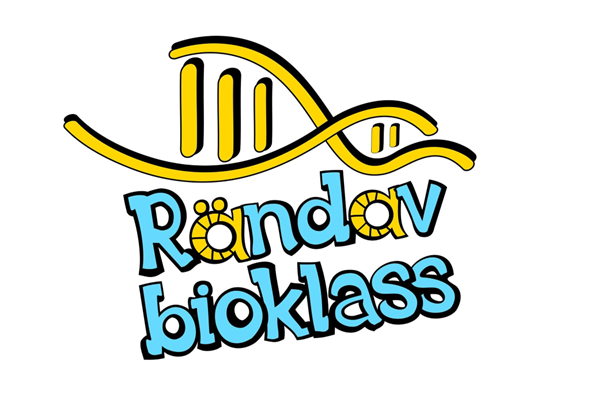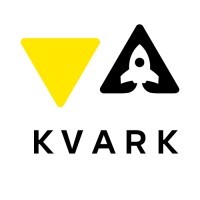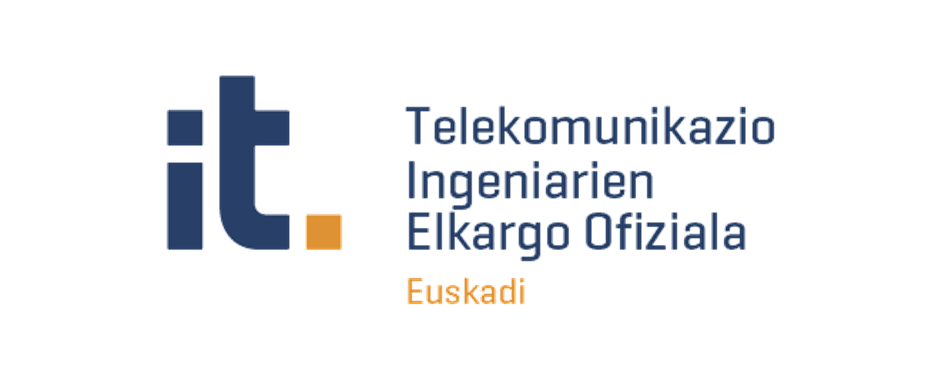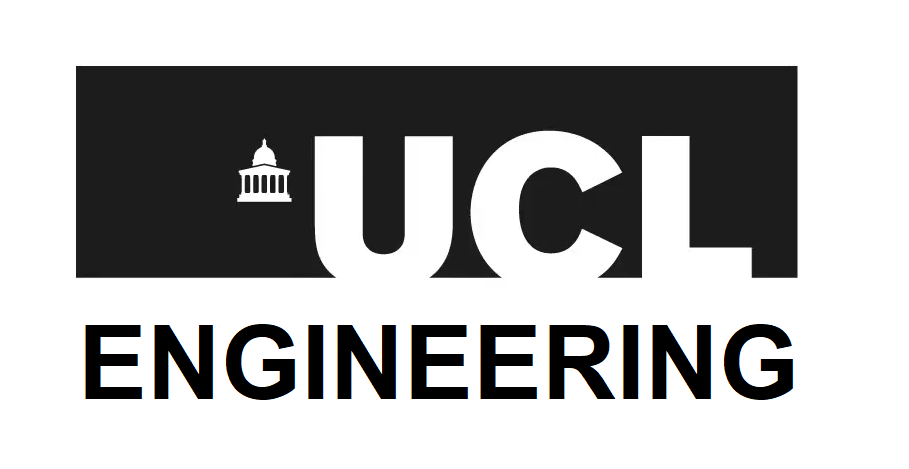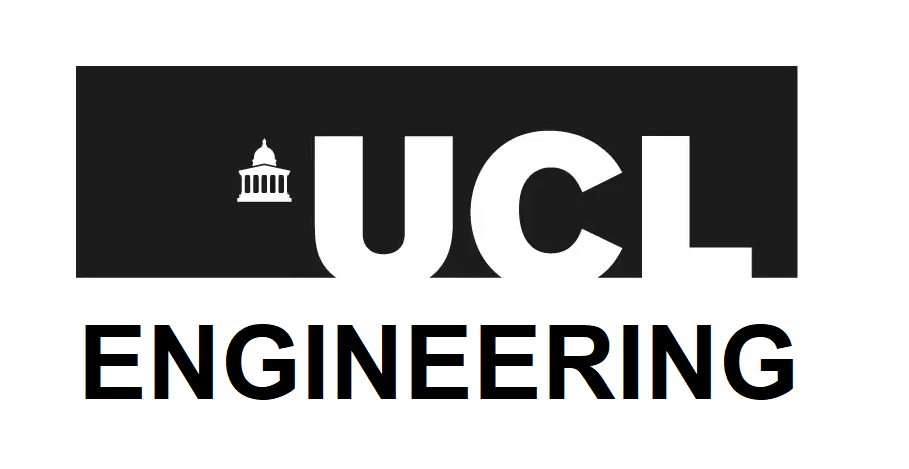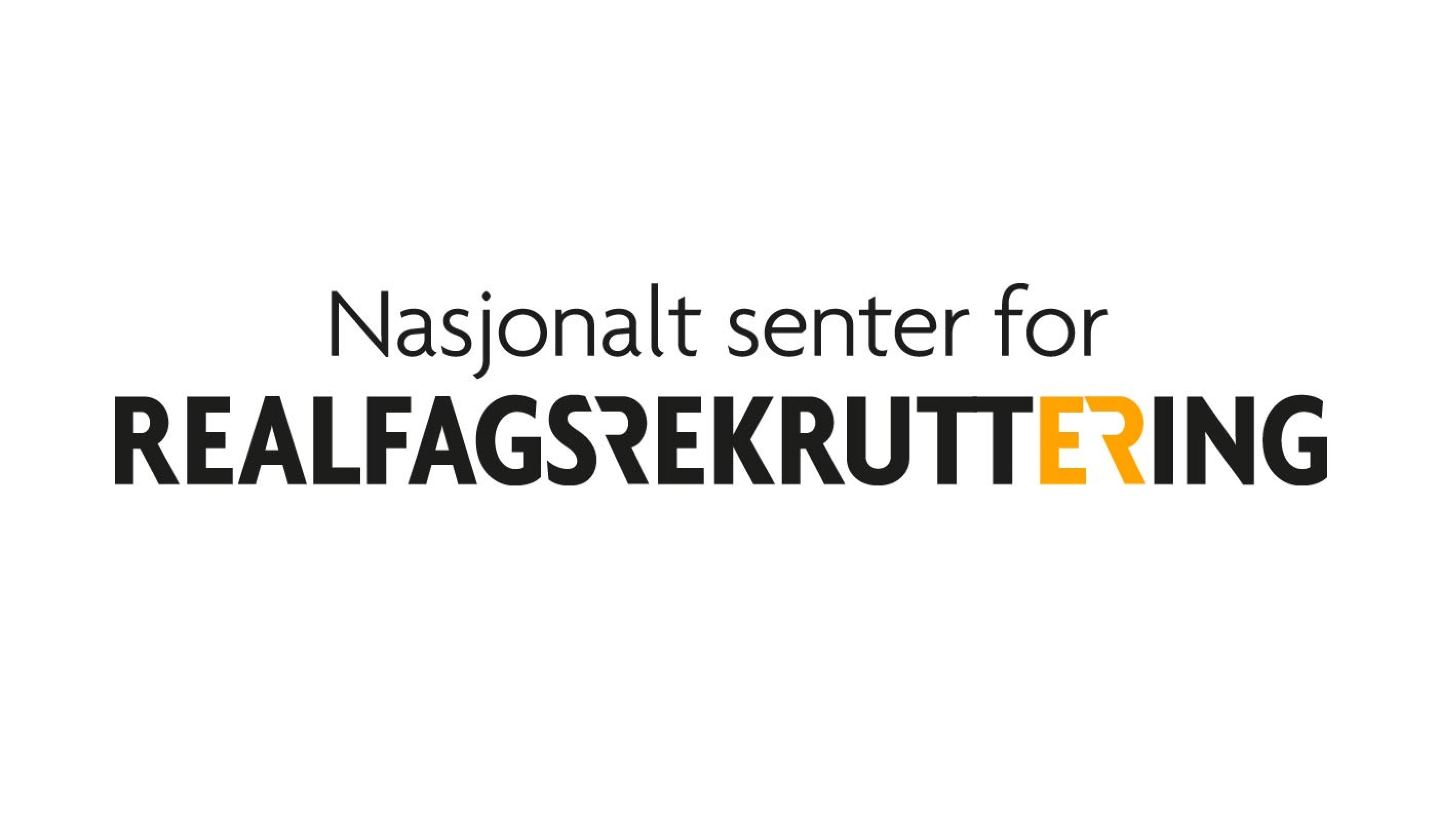The SEER Network
The STE(A)M Education European Roadmap is proud to announce the creation of the SEER
Network, that gathers leading and pioneering STE(A)M Education stakeholders, teacher training
institutions, STEM industry representatives, and educational research organisations.
By taking part in the SEER exchange activities during the duration of the project, the members of
the SEER Network will work together to produce state of art knowledge on STE(A)M education,
collect pedagogical resources for teachers and schools, and collaborate to build the foundations
of the SEER Roadmaps.
The members of the SEER Network will participate in focus groups, seminars, and other exploratory
activities to discuss, share, and identify challenges and opportunities that will pave the way toward
a STE(A)M future for all European students and schools.
The members of the SEER Network will work together to produce state of art knowledge on STE(A)M education,
collect pedagogical resources for teachers and schools, and collaborate to build the foundations
of the SEER Roadmaps.
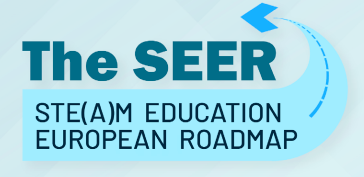
The impact has not yet been realized.
The SEER Network includes the EU STEM Coalition, the SEER consortium, and the STEM Alliance.
Not relevant.






